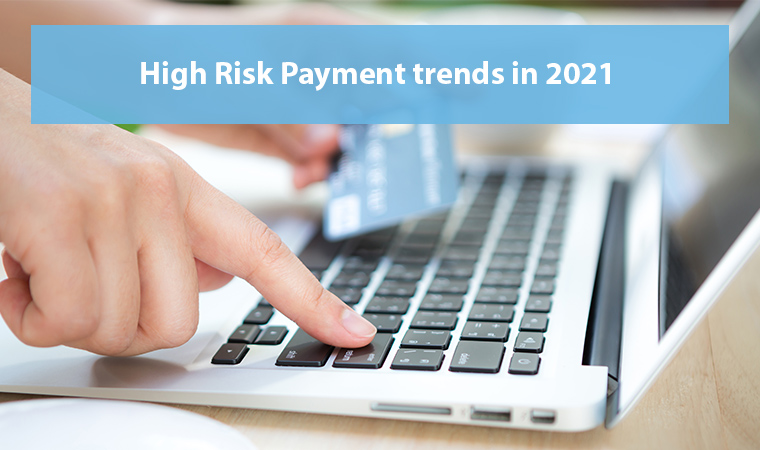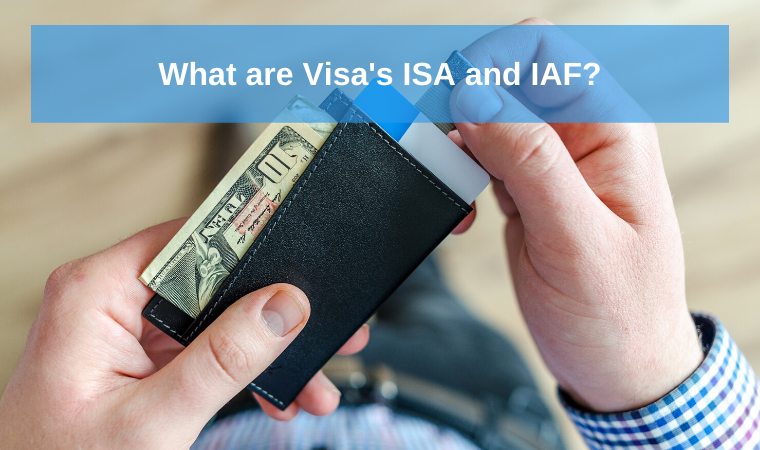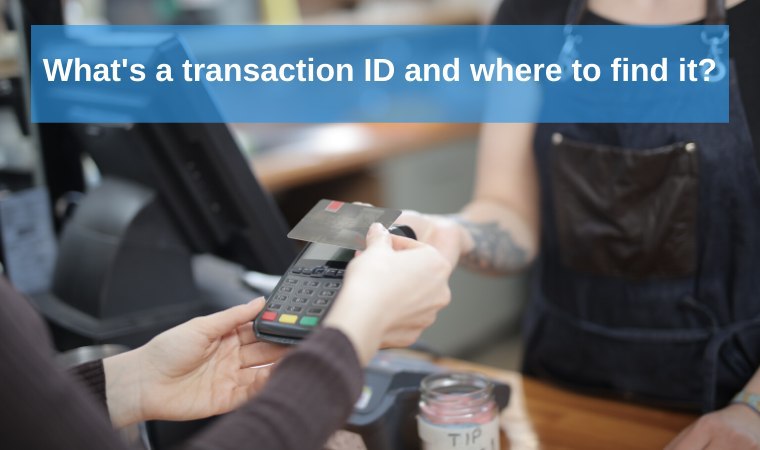The most popular questions about e-checks

Accepting and processing e-checks appears confusing at first. Yet, it is much simpler than it seems. To bring merchants all up to speed, we compiled the list of top eight most common questions about e-checks payment processing.
What is an e-check?
E-check is a digital form of a traditional paper check. With e-check, money is transferred online from the payer’s checking account to the payee’s checking account. Just like printed magazines turned into online media, paper checks turned into electronic ones. The core principle remains the same, while the entire process takes place online.
E-checks are also known as ACH transfers, ACH payments, and electronic payments. You might get curious, what ACH stands for. That is the abbreviation of the Automated Clearing House; the network that regulates and processes all the e-check payments. Both businesses and individuals can use e-checks for payments inside the U.S. only as the ACH network doesn’t support any other areas. If you run a company outside the U.S., check out How to accept payments for all types of businesses.
How can I, as a merchant, accept e-checks on my website?
Once you’ve evaluated all the pros and cons of ACH payment processing, you need to open e-check the merchant account. The procedure is close to getting a credit card merchant account. Once applying, you have to provide the latter with the following data:
- Federal Tax ID;
- Years in business;
- Estimated processing volumes;
- Application.
Approval can happen in a matter of days. It depends on a merchant provider of your choice and the quality of your application. Usually, it takes from five business days up to a month to get approval.
How does an e-check payment work?
Once you open a merchant account and integrate e-check as a payment method, you can start accepting payments. Let’s see how e-check payment works from a merchant’s point of view:
- The merchant requests authorization. To complete a transaction, you need to get approval from a customer. That can be done via an online payment form, signed order form, or by a phone call. Sure, it all happens once a client selects an item on your website and chooses e-check as a payment method.
- The merchant sets up a payment. After the client agreed on a purchase, a merchant inputs the payment information into the online payment processing software. In case of a recurring payment, this information also comprises the details of the recurring schedule.
- The merchant submits a payment. Once the software accepts all the payment information, the merchant presses “Save” or “Submit.” Only after that, the ACH transaction starts.
- Confirmation & funds deposit. The final stage of an e-check payment. The particular payment sum gets automatically withdrawn from the customer’s bank account. Then, the online software sends a payment receipt to the customer. After that, the payment sum gets transferred to the merchant’s business bank account. It usually takes from three to five business days after the ACH transaction is initiated.
You, as a merchant, are responsible for strengthening your website safety. Protecting transactions from fraud as well as reducing the level of chargebacks is the point you can’t miss. Thus, check out Credit card fraud and how to protect yourself.
Do ACH and EFT mean the same thing as e-check?
EFT means Electronic Funds Transfer. The latter comprises a wide range of types of financial transfers:
- Wire transfers
- Direct deposits
- Electronic benefits payments
- E-checks
ACH means Automated Clearing House. ACH is an electronic network created by financial institutions of the United States. It initiates and regulates e-checks payment processing.
Now, let’s sum it up; e-check is a type of electronic funds transfer (EFT) that is processed through the Automated Clearing House (ACH).
What is the difference between e-checks and credit cards payment processing?
Understanding the difference is crucial. While paying via a credit card, a consumer simply prints down his/her credit card number. Then, he/she validates the payment. And that’s it. With an e-check, a consumer allows the merchant to make a withdrawal by revealing a personal routing and account number.
Another difference is that credit card transactions are processed through credit card networks, while e-checks are generated and regulated by the ACH network. Last but not least, credit card payment processing is more expensive than e-check payment processing. While a credit card transaction fee is usually about 2.9% per transaction, the e-check fee ranges from $0.30 to $1.50.
What types of businesses benefit from accepting e-checks?
First and foremost, ACH fits those businesses that are based in the U.S. Other countries can’t process e-checks. Another criterion for choosing e-checks as a payment method is an average check amount. Merchants pay a smaller fee to accept e-check payments than they do to accept credit/debit cards. Thus, it is common to accept e-check payments when selling high-cost items. For example, mortgage, rent, or car payments, Accepting e-checks, is also popular among those that fitness memberships. Learn more about E-check payments: what it is and how does it work?
How long does it take to process an e-check?
The duration of the e-check processing varies slightly depending on the provider. Usually, funds are verified within 24 to 48 hours of the transaction being initiated. If the payer has enough funds available in his checking account, the transaction is cleared within three to five business days. Then, the funds are transferred from the payer’s account to the payee’s account.
How much does it cost to process an e-check?
The PSPs (payment system providers) of e-check merchant accounts have different fees for e-check processing. Some PSPs charge a higher per-transaction fee and a lower monthly fee, while others do the opposite. As for today, the average e-check per-transaction fee ranges from $0.30 to $1.50.
Summary
E-check is an electronic version of a traditional paper check. The ACH network is in charge of processing electronic checks. To accept e-checks on your website, you have to apply for an e-check merchant account. The average fee per e-check transactions ranges from $0.30 to $1.50. Accepting e-checks is beneficial for the U.S merchants with subscription-based businesses. It also fits well for companies with large sales volumes, and a high average check amount.


